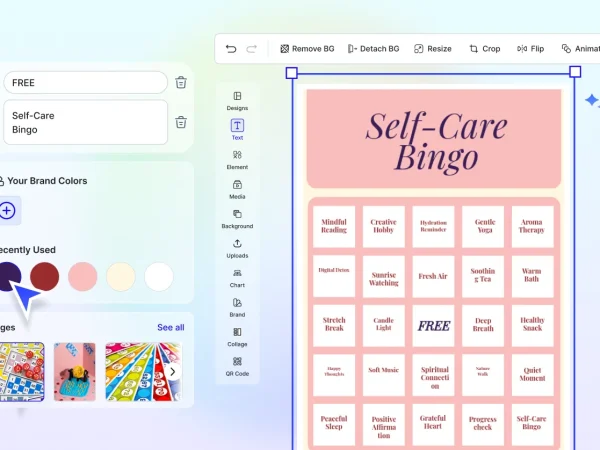Frustration can be an inevitable human response, but learning how to manage your emotions is an invaluable way of avoiding an outburst of anger. One effective strategy for controlling emotional responses is progressive muscle relaxation – this involves tensing and then relaxing each part of your body to reduce stress.
Meditation and mindfulness techniques may also help. Another option could be seeking individual therapy sessions.
1. Take a break.
Frustration and anger are intense emotions that can be difficult to manage, yet taking a break to relax is an effective strategy for managing these feelings.
Do something relaxing like deep breathing or mindfulness to unwind and release tension and anxiety. Additionally, engage in physical activity such as running or gym workouts to expel energy and relieve tension.
Silly humor can also help defuse rage. For example, if someone upsets you and you begin thinking of them as dirt or single-cell life forms when their actions anger you, try picturing what that looks like literally instead; this may help provide a more objective viewpoint and remind yourself just how unreasonable your anger truly is. Additionally, try grounding objects such as marbles or fidget toys when feeling angry to keep your anger under control.
2. Breathe.
Frustration and anger often result from situations that cause stress, so one way to decrease them is through relaxation techniques such as breathing exercises, meditation or physical activity. Doing any of these can help ease tension while improving overall well-being.
Befriend a mantra or code word to help calm yourself, such as “relax” or “it’s OK”. Repeating these phrases aloud can help restore control when feeling overwhelmed.
Anger and frustration are natural parts of human nature, but learning how to control these feelings is crucial for optimal health. Anger can lead to damaged relationships, poor performance at work or school and weakened immunity as well as heart disease and high blood pressure – among many other effects.
3. Change your surroundings.
Who you spend your time with, where you travel and what food you eat all help define who you are. But changing these habits requires motivation and willpower–two resources which may become scarce over time.
Locate situations or people that shorten your fuse. For instance, if traffic jams, long lines at grocery stores, or colleagues making insensitive remarks trigger your temper, identify ways of avoiding or viewing these circumstances differently in order to reduce an outburst of emotion.
Remind yourself that anger could be hiding other feelings such as embarrassment, insecurity or hurt. Try writing to process your emotions or exercising to burn off excess energy before spending time with a pet to detach from anger-inducing thoughts. Altering your surroundings could also help redirect energy toward something productive.
4. Talk it out.
Reducing frustration and anger safely is essential in order to prevent them from building up too much, whether this means venting to trusted friends or writing in a journal. Relaxation techniques such as deep breathing or meditation may also prove effective.
Rehashing an upsetting situation or making hasty decisions can heighten emotions. Such actions could alienate others and lessen their commitment to working on finding solutions together with you.
Frustration and anger are inevitable and natural emotions, but it’s essential that you find effective strategies for controlling them so you don’t let them dictate your actions. By pausing before reacting, taking a break, breathing deeply, shifting focus or pausing before reacting, these techniques can help get things back on track quickly and help manage frustrating and angry situations more easily. Make this part of your daily practice to stay on the right path when feeling angry or frustrated.
5. Do something you enjoy.
Adopting relaxation techniques such as deep breathing, meditation or progressive muscle relaxation into your daily routine can help keep you calm during times of high anxiety. Find one that works for you and incorporate it into your life!
Physical exercise is another great way to release pent-up energy and ease anger. From going for a jog, hitting the gym, or playing sports – find something that suits both your schedule and ability level.
Frustration can have a dramatic impact on both your life and health. Uncontrolled anger can lead to health complications like high blood pressure, digestive issues and motivation issues. Recognize what persons, places or objects trigger your anger then develop strategies for avoiding these triggers. If your frustrations have become out of hand consult a counselor immediately.





